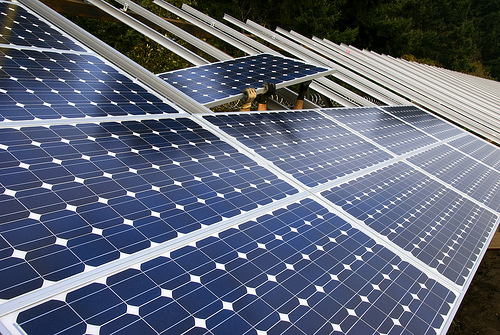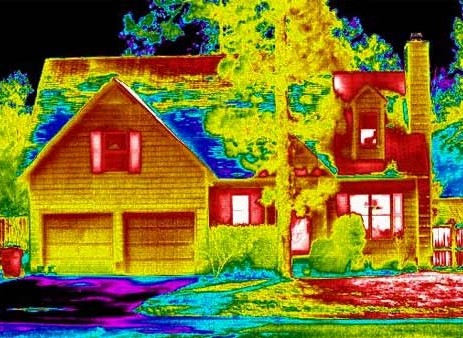David Owen’s latest article [$ubreq] in The New Yorker has attracted much attention and rekindled interest in William Jevons and his paradox. Much ink has been spilled in support and opposition to Owen’s piece — a testament, if nothing else, to the quality of Owen’s prose and The New Yorker more generally.
Amidst the discussion, I’m struck that two rather obvious points haven’t been made:
- Jevons’ arguments wouldn’t pass muster in any discipline other than economics.
- Owen’s arguments fail basic principles of logic.
I leave to Amory Lovins and others to delve into the macroeconomic data, but purely as a matter of journalistic integrity, I think these two issues deserve more attention. Briefly:
Jevons arguments are based in economics, not reality
Jevons’ Paradox makes for an interesting thought experiment, founded on intellectually appealing ideas of supply and demand: if efficiency causes the price of energy to fall, demand will rise and any gains from conservation will be eroded. Like the best economic theories, it is readily understandable. Like the worst economic theories, its assertions don’t get any real-world testing, nor does anyone stop to ask why this logic doesn’t apply in other fields.
After all, if greater resource efficiency (in energy) leads to overconsumption of energy, then shouldn’t that apply equally to other resources? A penny saved isn’t a penny earned — it’s a wasted penny deferred. The green revolution’s contribution to rising crop yields over the last 50 years explains rising obesity rates. Want to make your kids healthier? Then stop fertilizing. Concerned about rates of paper usage? Then stop recycling.
Those arguments are clearly nonsensical — and yet they are the intellectual equivalent of Jevons’ claim that rising energy efficiency leads to increased energy consumption. The burden of proof lies not on efficiency advocates to prove Jevons wrong, but rather on Jevons (and his followers) to explain the causality of the correlations they observe, and further to explain why that same causality is not of equal concern in other fields.
And Owen is illogical
This leads to the problem with Owen’s piece, which consistently confuses correlation and causation. He spends much time noting the rise in refrigerator efficiency and demand for refrigeration to “prove” his case.
But where is the causality? Might it not equally be the case that the long-term fall in real energy prices throughout the middle of the last century had a much greater impact on the cost of refrigerator operation than the comparatively small increase in efficiency? Might it be that the rise of mass-produced consumer goods led to reductions in the cost of refrigerators? Might it be that the increase in personal incomes during the same period made refrigerators a comparatively smaller investment, bringing greater convenience to greater masses?
I don’t know the answers to these questions, because I haven’t studied the data. But it’s not clear that Owen has either. You can’t assert causation without ruling those effects out.
If we’re only dealing in anecdotes, I’ll cite my own: I’ve bought two refrigerators in my life, and both times the primary drivers were a) my bank account; b) the cost of the refrigerator, and c) the dimensions of my kitchen. I’ve looked at Energy Star ratings to make the final decision, but never once bought a bigger refrigerator as a result. Am I really that unique?
Owen writes that when new, more efficient refrigerators came out, his parents bought one but then moved their old inefficient refrigerator to the garage, increasing their demand for cold food. But Owen’s parents aren’t now refrigerating more because the cost of refrigeration has gone down. After all, they’re still keeping their old inefficient refrigerator in the garage! They’re spending just as much as they were before on that old refrigerator, plus some more on the new one. If this example proves anything, it’s that people like to spend more money on energy and do so by buying new refrigerators — which is, of course, nonsense. But (unlike the implied message about efficiency) it has the advantage of at least being consistent with Owen’s data.
Later, Owen asks whether we’d buy as many cars today if the car hadn’t advanced since the Model T, implying that rising vehicle fuel economy is the driver for our car culture. Again, this claim confuses correlation for causality. But here’s the bigger issue: the 1908 Ford Model T got better fuel economy than today’s fleet! I know that because I googled “Model T fuel economy”. Why didn’t New Yorker editors do the same?
I love The New Yorker, in no small part because — in a world of increasingly crappy media sources — it is consistently and reliably excellent. This piece fails to live up to those standards. Boo.



